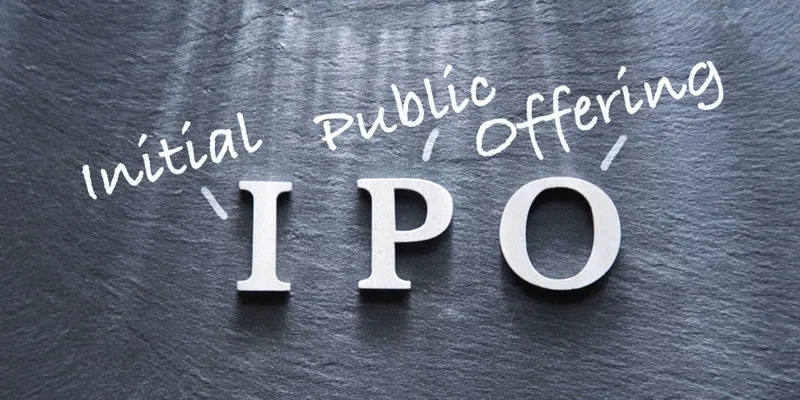Zomato IPO: Retail portion fully subscribed within an hour of opening
Zomato IPO saw a very strong response from retail subscribers on the first day. The price band of Zomato’s IPO has been fixed in the range of Rs 72-76 per share, which is open from July 14 to 16.
The Initial Public Offering (IPO) of foodtech unicorn Zomato got off to a great start with the retail portion of the public issue getting fully subscribed within an hour of the opening. It was oversubscribed 1.76 times by around 12:45 pm, as per information from the stock exchanges.
The price band of Zomato’s IPO has been fixed in the range of Rs 72-76 per share, which is open from July 14 to 16. Overall, the IPO was subscribed 0.33 times, though the qualified institutional bidders are yet to open their account, while it was 0.06 times from the non-institutional investors.

Image Source: Shutterstock
On Tuesday, the company's anchor book saw a strong response from global and domestic institutional investors, with the unicorn raising Rs 4196.5 crore, or about 45 percent of its total issue size, from 186 anchor investors, including marquee global names like Tiger Global, New World Fund and Fidelity, and domestic mutual funds like HDFC, SBI, and Axis.
Zomato said it finalised the allocation of 552.2 million shares to anchor investors at Rs 76 per share, the upper end of its Rs 72-76 IPO price band. The allotment of shares to anchor investors, which is done a day before the IPO, serves as an indication of the quality and level of demand for the issue.
Zomato’s Rs 9,375 crore IPO comprises Rs 9,000 crore worth of fresh issue of equity shares and Rs 375 crore of secondary share sale by InfoEdge. The company is eyeing a post-issue valuation of Rs 64,365 crore.
Of the total allocation of 552.2 million shares to anchor investors, 184.1 million shares were allocated to domestic mutual funds through a total of 74 schemes, the company said.
“Zomato IPO would mark the first meaningful Internet listing in India...which would allow investors to play the Internet theme. While the evolving business models are a risk to traditional consumer businesses, investor preference for the high growth Internet stocks may drive de-rating of traditional stocks including FMCG, retail etc,” said Jefferies analyst Vivek Maheshwari.
Edited by Anju Narayanan







